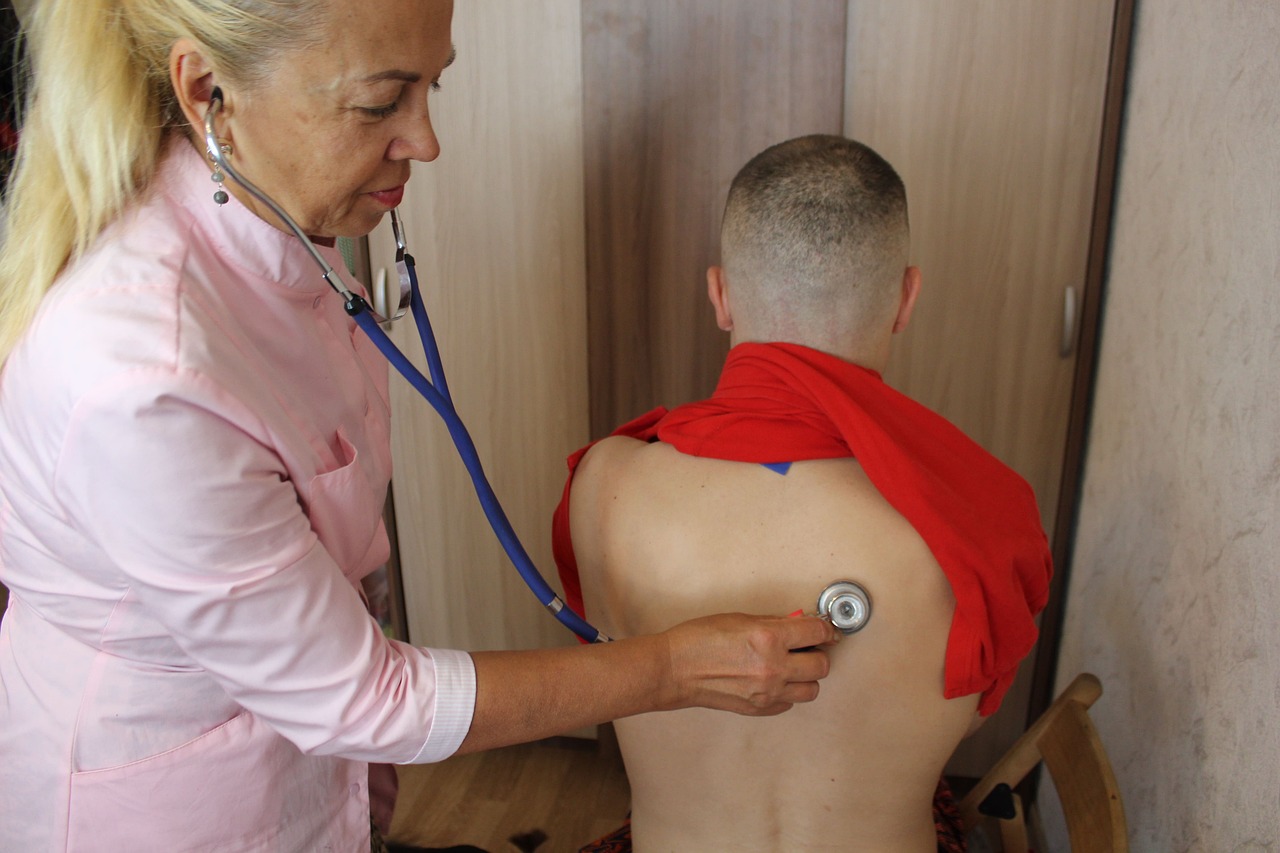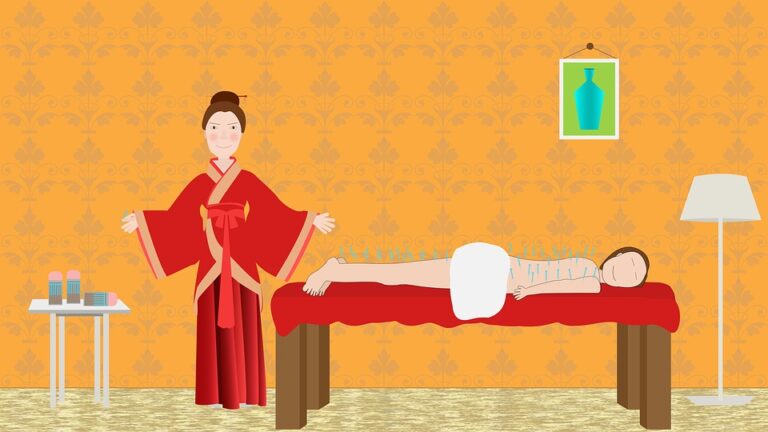Book Appointment Now

Application of Nursing Theory in Practice
Nursing theories serve as the foundation for the nursing profession, providing frameworks that guide nursing practice, education, and research. The application of nursing theory is essential in ensuring that nursing care is systematic, evidence-based, and patient-centered. This article explores the importance of nursing theory, its practical application in various healthcare settings, and provides examples of how different theories are used in day-to-day nursing practice.
What is Nursing Theory?
Nursing theories are conceptual models or frameworks that describe, explain, and predict nursing care. They offer a systematic approach to understanding patient care, enhancing nursing education, and driving research. Nursing theories also help nurses understand their roles and responsibilities in the healthcare system.
Importance of Nursing Theory
- Guides nursing practice: Nursing theory provides nurses with a clear framework to deliver care that is both effective and patient-centered.
- Improves patient outcomes: By applying evidence-based nursing theories, nurses can make informed decisions that improve the quality of care.
- Supports nursing education: Nursing theory forms the backbone of nursing curricula, helping students understand fundamental concepts in patient care.
- Advances research: Theories provide a foundation for nursing research, allowing for the development of new interventions and care models.
Looking for essay writing help with application of nursing theory in practice paper?
Help With Nursing Essay
Key Components of Nursing Theories
Understanding the components of nursing theories is crucial for applying them effectively in practice. Most theories consist of four central concepts:
- Person: Refers to the individual or group receiving care.
- Health: The goal of nursing care, which is to promote health and prevent illness.
- Environment: The external and internal factors affecting the patient’s health.
- Nursing: The actions taken by the nurse to provide care and meet the patient’s health needs.
Application of Nursing Theory in Practice
The application of nursing theory in practice provides nurses with a structured framework to assess, plan, implement, and evaluate patient care. Below are some practical ways nursing theories are applied in clinical settings.
1. Patient Assessment and Diagnosis
Nurses use nursing theories to guide their assessment and diagnosis of patients. For instance, Orem’s Self-Care Deficit Theory helps nurses evaluate a patient’s ability to perform self-care. If a patient cannot meet their own healthcare needs, nurses intervene by providing care and educating the patient on how to regain self-care capabilities.
Example:
A nurse assessing a post-operative patient may use Orem’s theory to determine the patient’s ability to manage pain and perform daily activities like dressing or feeding themselves. If the patient cannot perform these activities, the nurse will assist with tasks and create a care plan aimed at improving the patient’s independence.
2. Planning and Implementing Nursing Interventions
Nursing theories guide the development of care plans and interventions that address the patient’s specific needs. For example, Leininger’s Cultural Care Theory emphasizes the importance of understanding a patient’s cultural background when planning care.
Example:
In a multicultural healthcare setting, a nurse might use Leininger’s theory to plan care that is culturally sensitive, such as offering dietary options that align with the patient’s religious beliefs or traditions.
3. Evaluation of Patient Outcomes
The application of nursing theory helps nurses evaluate the effectiveness of the care provided. Theories such as Peplau’s Interpersonal Relations Theory focus on the nurse-patient relationship and how it influences patient outcomes.
Example:
A nurse using Peplau’s theory may regularly evaluate the therapeutic relationship with a patient to ensure it promotes the patient’s mental and emotional well-being. If the relationship isn’t contributing to recovery, the nurse can adjust their communication approach or care plan.
Examples of Nursing Theories in Practice
1. Florence Nightingale’s Environmental Theory
Nightingale’s theory emphasizes the importance of a clean, well-ventilated, and safe environment to promote patient healing. This theory laid the foundation for modern nursing practice and is still widely applied today.
Application in Practice:
In hospitals, nurses follow Nightingale’s principles by ensuring that patient rooms are clean, well-lit, and free of clutter to prevent infections and promote recovery.
2. Jean Watson’s Theory of Human Caring
Watson’s theory focuses on the human connection and caring as the core of nursing. It highlights the importance of emotional and spiritual care in addition to physical care.
Application in Practice:
Nurses apply Watson’s theory by actively listening to patients, offering emotional support, and building meaningful nurse-patient relationships that foster trust and promote healing.
3. Dorothea Orem’s Self-Care Deficit Theory
Orem’s theory is centered on the idea that patients should be encouraged and supported to care for themselves to the best of their ability. When patients cannot meet their self-care needs, nursing interventions are required.
Application in Practice:
In rehabilitation settings, nurses use Orem’s theory to develop care plans that empower patients to regain independence. For example, a nurse may teach a stroke patient how to perform daily exercises that improve mobility and self-care abilities.
4. Madeleine Leininger’s Cultural Care Theory
Leininger’s theory emphasizes the importance of cultural competence in nursing care. It advocates for care that respects patients’ cultural beliefs, practices, and values.
Application in Practice:
A nurse might apply this theory when caring for patients from diverse backgrounds by adapting care plans to respect cultural preferences, such as providing specific dietary accommodations for religious practices.
5. Peplau’s Interpersonal Relations Theory
Peplau’s theory focuses on the nurse-patient relationship as a therapeutic process that fosters healing and personal growth. The theory is particularly useful in mental health nursing.
Application in Practice:
Mental health nurses use Peplau’s theory to build therapeutic relationships with patients, creating a safe space for patients to express themselves, which is essential for successful treatment outcomes.
Importance of Applying Nursing Theory in Clinical Settings
1. Improves Patient Care Quality
The application of nursing theory ensures that patient care is structured and evidence-based. By using theories, nurses can provide care that is consistent, effective, and holistic.
2. Supports Evidence-Based Practice
Nursing theories provide the foundation for evidence-based practice (EBP), guiding nurses to use the best available research in their care decisions.
3. Promotes Professional Development
Nursing theories also contribute to the growth and development of the nursing profession by encouraging critical thinking, enhancing clinical decision-making, and improving communication among healthcare professionals.
4. Fosters Interdisciplinary Collaboration
Theories help nurses communicate with other healthcare professionals, as they provide a common framework for discussing patient care. This leads to better coordination and improved outcomes.
The application of nursing theory is vital in guiding nursing practice, improving patient outcomes, and advancing the nursing profession. Nursing theories, whether it be Orem’s Self-Care Deficit Theory or Nightingale’s Environmental Theory, offer valuable frameworks for delivering evidence-based, patient-centered care. By incorporating these theories into everyday practice, nurses can provide more effective, holistic care that addresses not only the physical but also the emotional and cultural needs of patients.
In conclusion, the integration of nursing theory into clinical practice ensures that nursing care remains a structured, thoughtful, and evidence-based profession, ultimately leading to better patient outcomes and enhanced nursing practice.
Read also A comprehensive look at the Application of nursing theory featuring the major nursing theorists.







